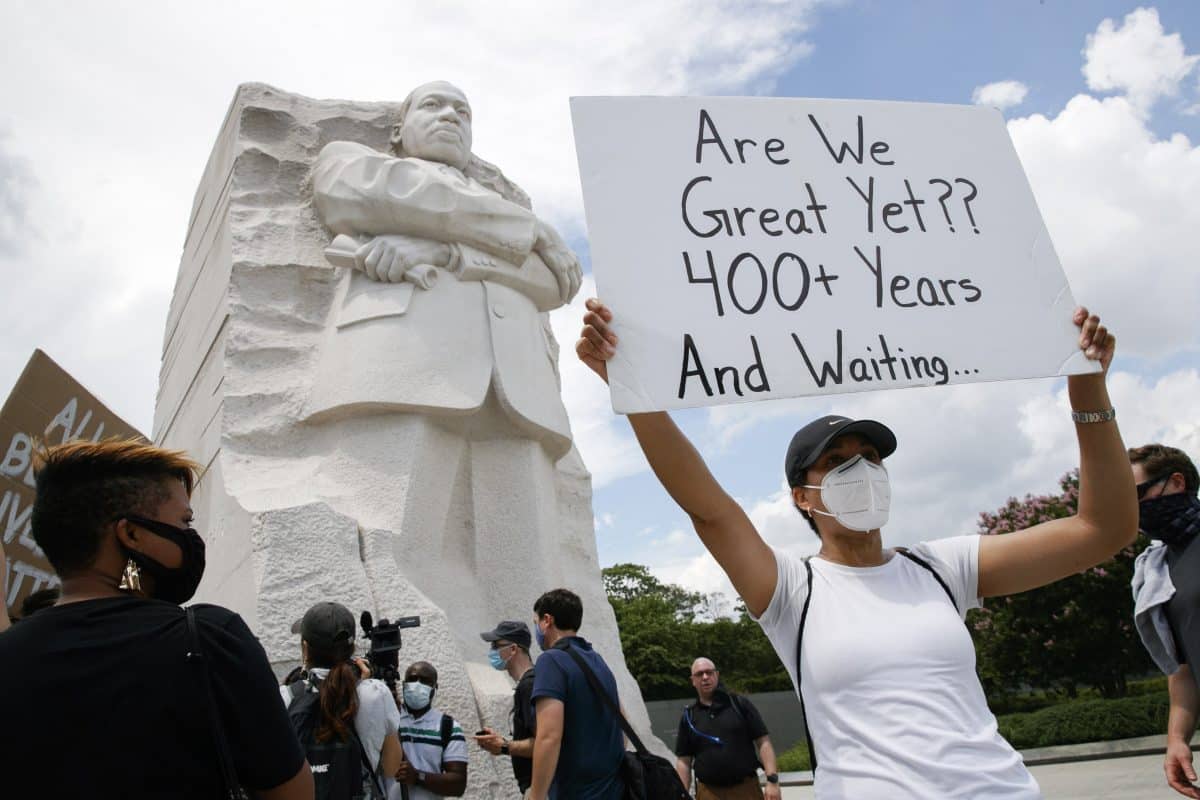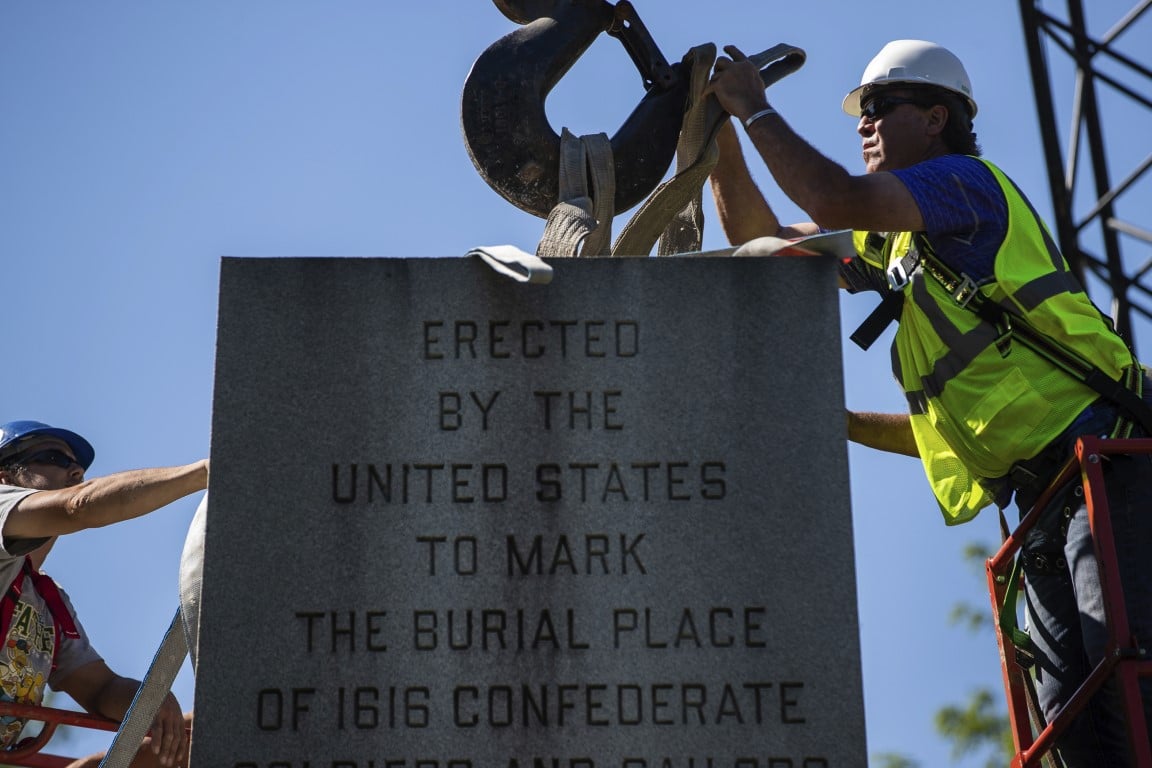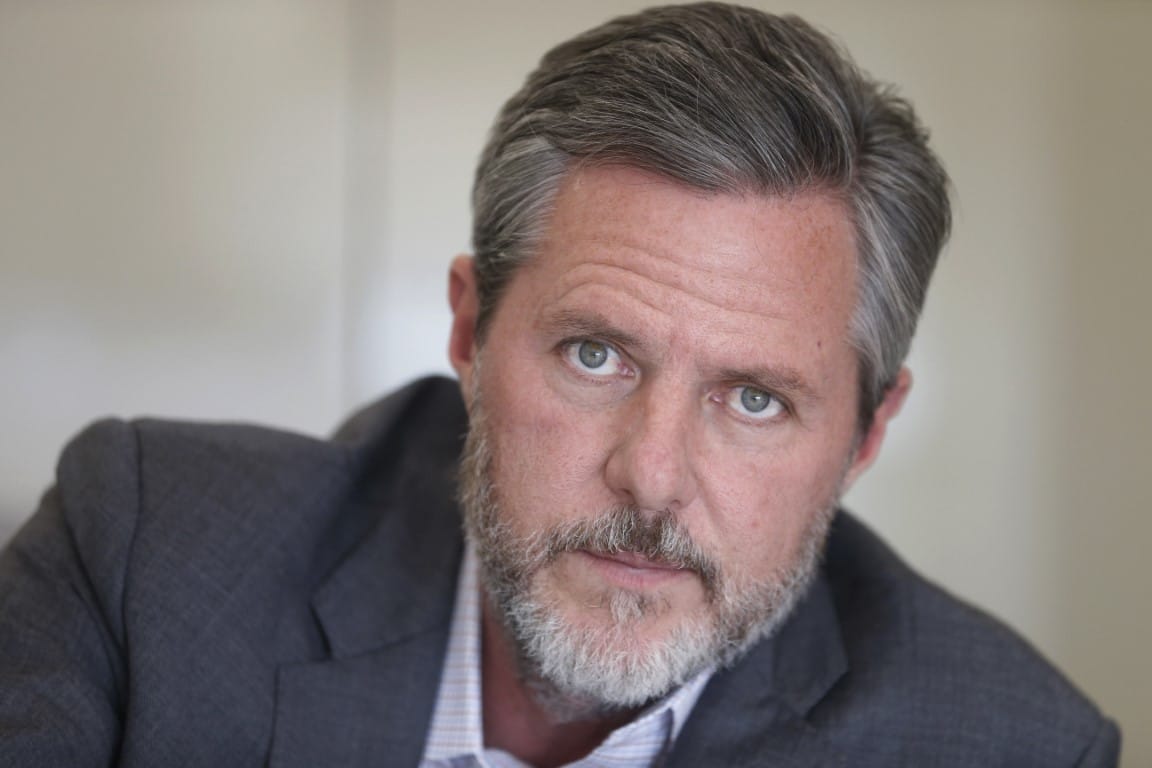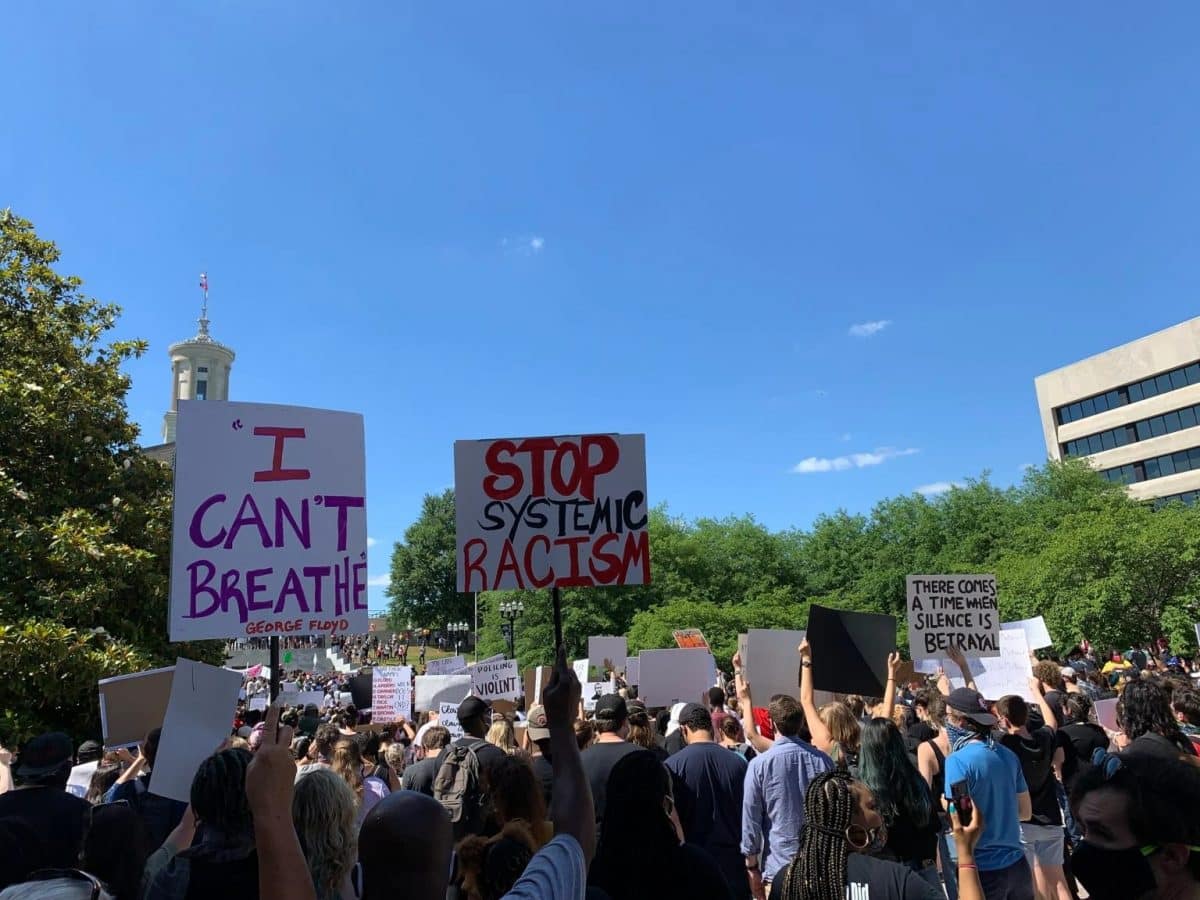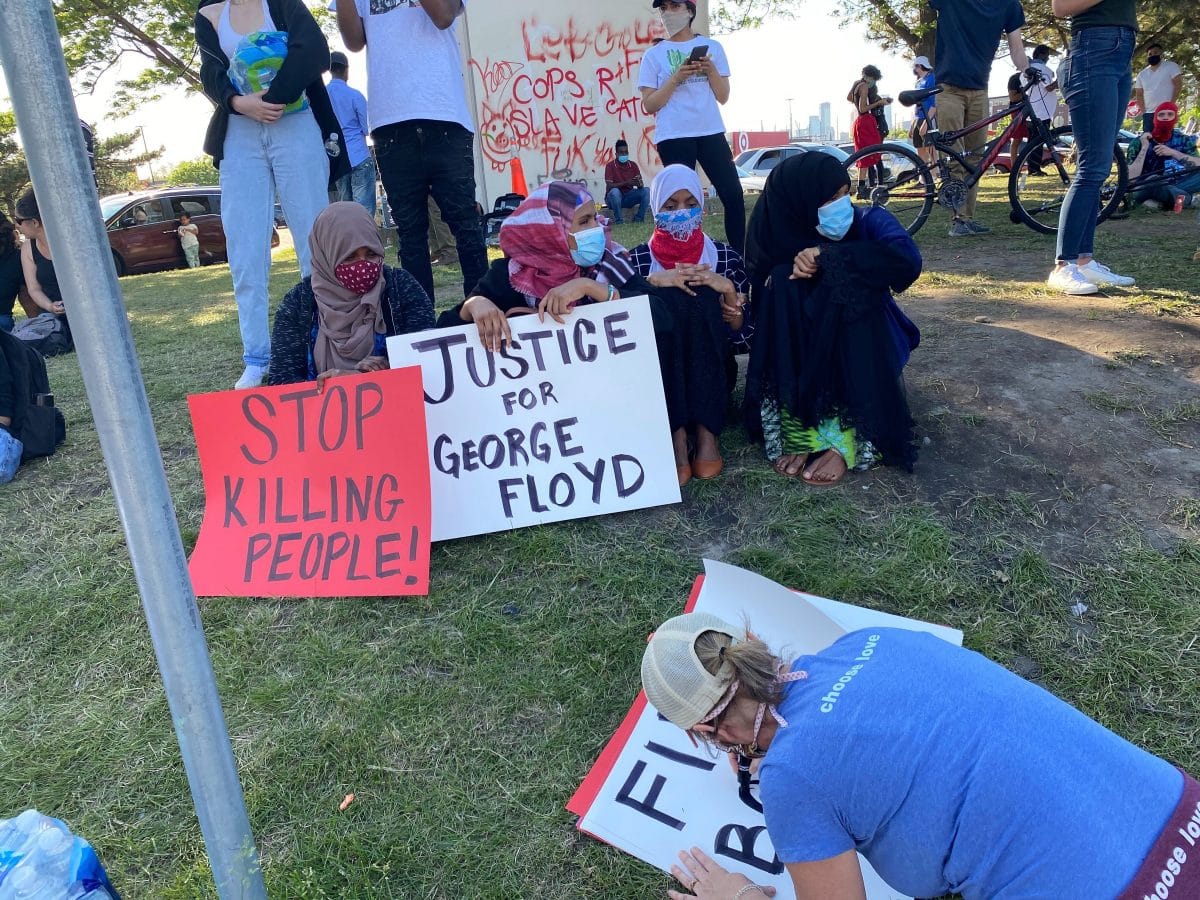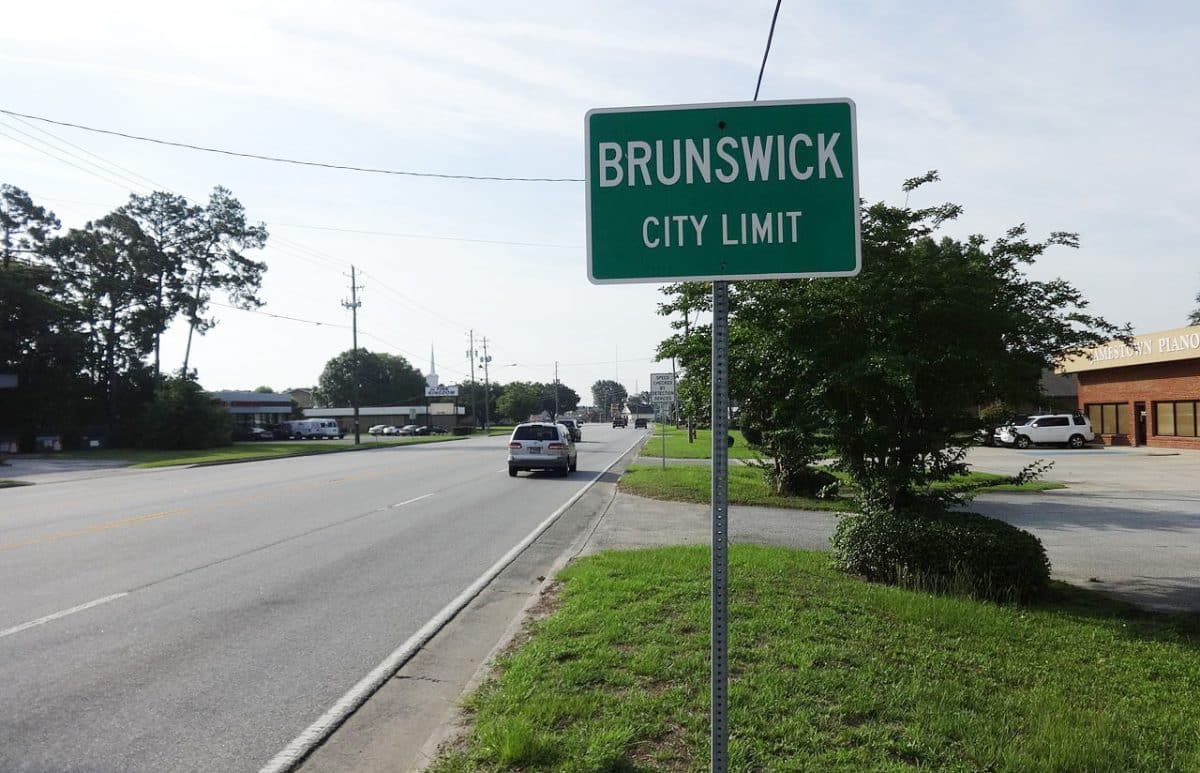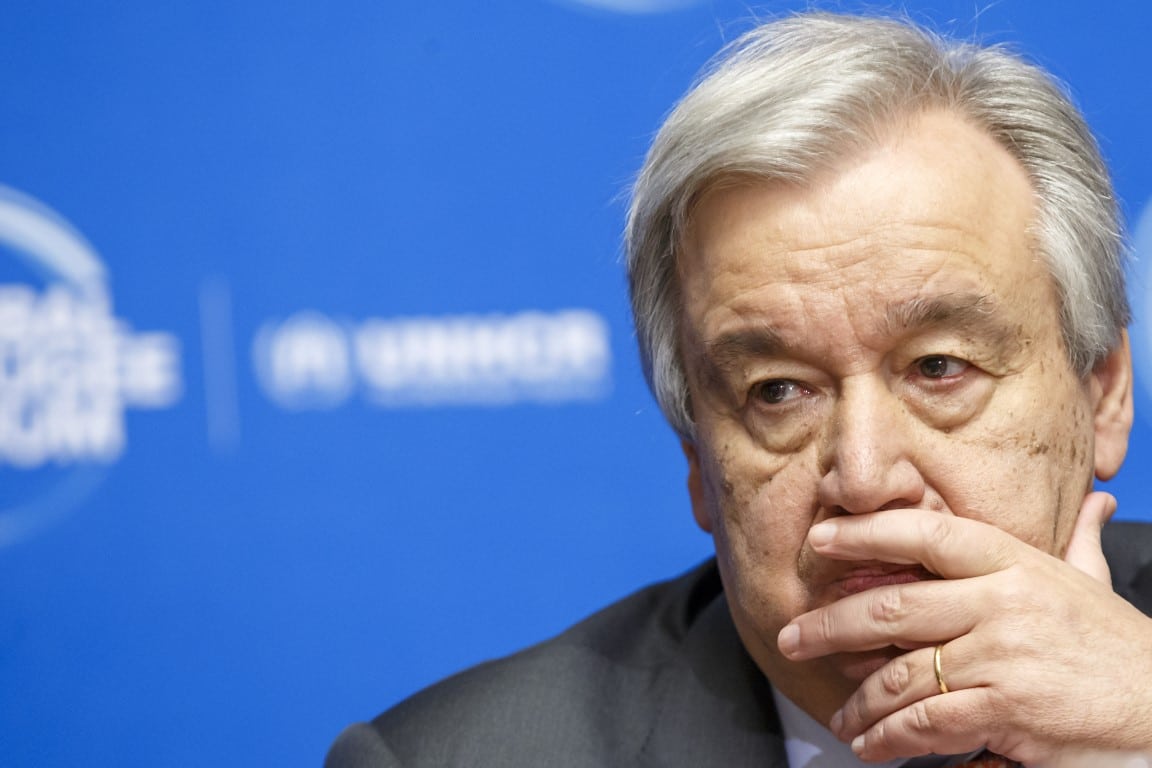Rethinking White Privilege & How We are Really Blessed
Southern Baptist pastor Alan Cross reflects on controversial comments on slavery by Louie Giglio and says that perhaps it’s time for white American evangelicals to rethink what privilege and blessing mean to us.

